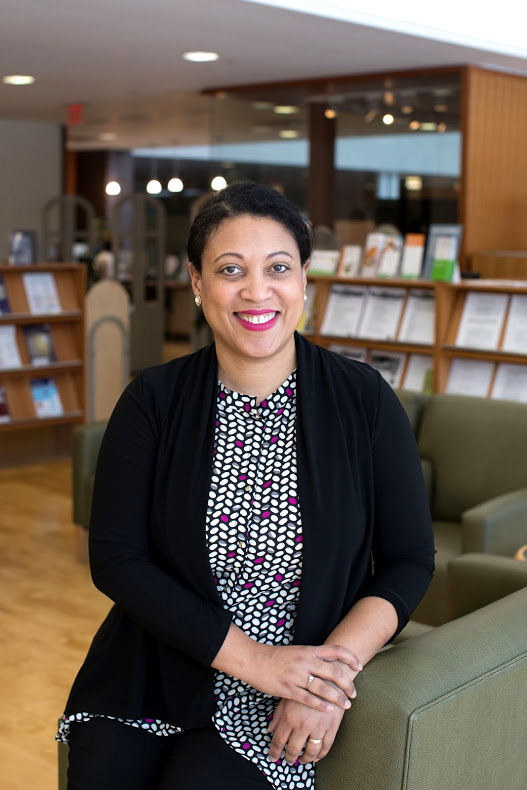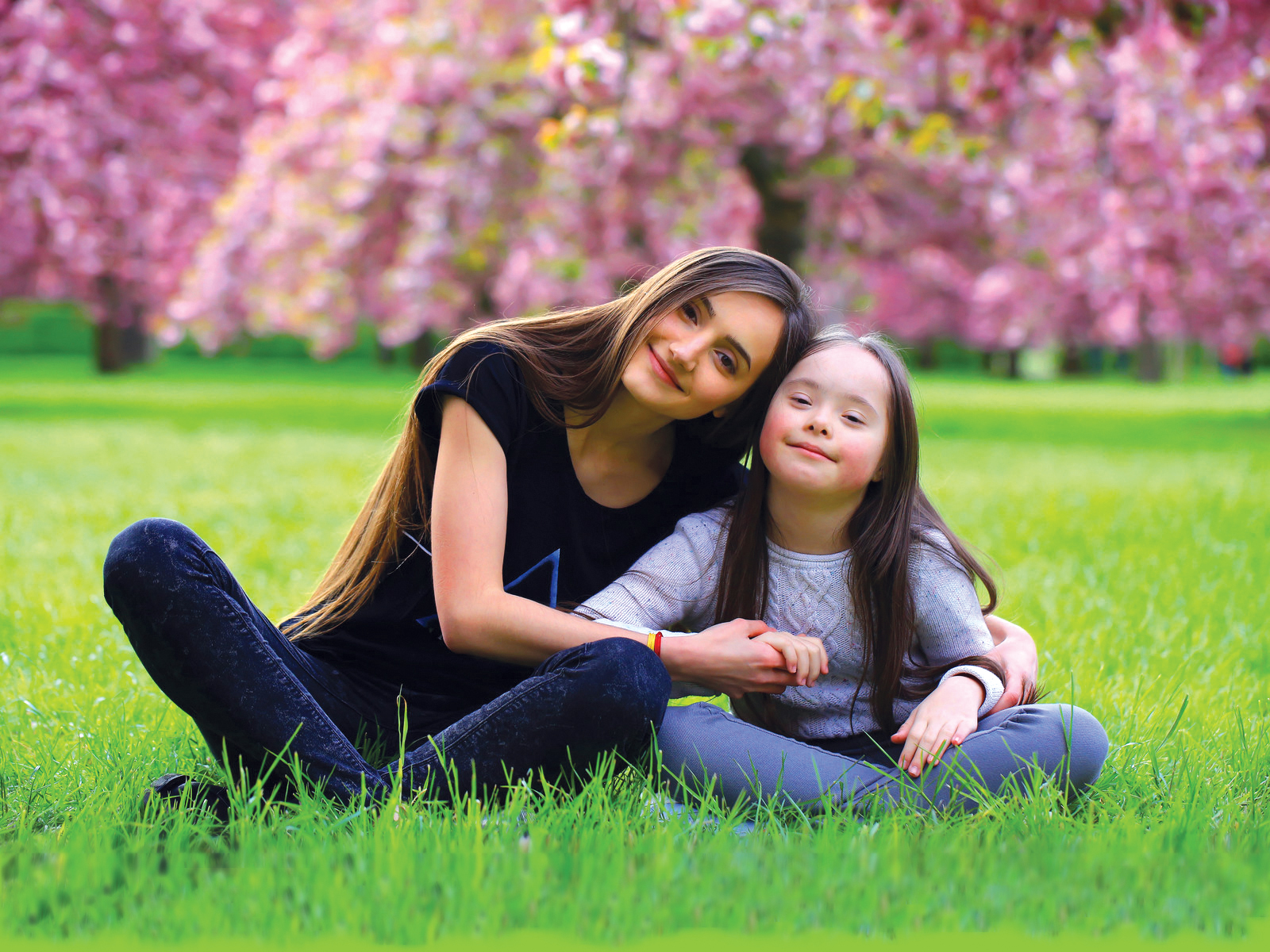BY TEDDY KATZ
Abilities chatted with family support specialist, Lorraine Thomas, from Holland Bloorview for her thoughts and tips to help families with immunocompromised children stay safe as things begin to open up and as people get back to work.

Q: What guidance would you provide now that the world is opening up again, but risks haven’t diminished? What extra things beyond the “normal” advice we hear in the news should families keep in mind to stay safe?
A: Families who have members who are immunocompromised were already taking precautions. What they will have to ask themselves, is how they can enhance these precautions!
In regard to going back to work, I recommend that parents get a clear idea of what the expectations will be in regard to hours, job scope and exactly how their employer is making the workplace safer. This is especially important if you may need accommodation in regard to job tasks and hours due to childcare and medical appointments. For example, is your employer asking everyone to wear a mask?
If co-workers all wear masks in solidarity, that means someone at home living with an immunocompromised person is safer.
Q: Every day, there is new information that comes out—for instance—the virus and its impact on youth, people who are asymptomatic, how much more confusing does this make things?
A: New guidelines emerge almost daily, and it can be very overwhelming for families. This is where it might be helpful to keep in touch with their child’s family doctor or primary medical care provider at the children’s treatment centre. It might also be helpful for families to monitor the situation using a single reliable media source in regard to changes.
Q: Do you have special tips for parents of people with disabilities and those caring for vulnerable adults and kids to stay safe?
A: I have five tips that I would like to share:
1) Now that you are going out more often, you may need to take extra precautions such as washing your hands immediately before leaving work and then again when you come home; removing shoes and changing out of clothes in an isolated space before entering other parts of the home. It might also be a good idea to have a container at the door to put your phone, keys, wallet, lunch bag, purse in and wipe down those items before touching them again.
2) Still try to minimize your non-urgent outings: If you can’t answer “yes” to all three questions, then perhaps it is better to avoid the event:
- Will there be an opportunity to practice physical distancing?
- Does my loved one have the ability to sanitize their hands and/or understand the no contact rule?
- Are they physically able to wear a mask as an extra layer of precaution, or is it highly likely that those around them will be masked?
3) For medical appointments, call ahead:
- Ask the facility what precautions they are taking to minimize risk during appointment e.g. reducing the number of clients onsite, wiping down equipment between visits.
- Ask if you can reduce medical appointments to essential appointments only; or scheduled at a time of day when it will be less crowded.
- If you will be allowing a Personal Support Worker to come to your home, contact their providers ahead of time to understand their emergency preparedness and their protocols of service, such as the PSW wearing the appropriate PPE, restricting their practice to a limited number of clients or being exclusive to your family.
4) Don’t forget to take care of yourself: You’re already doing the best you can so try to keep up your regular healthy habits, such as trying to get enough sleep, eating well and exercising. These habits can help manage stress, depression, and anxiety.
5) It is o.k. to feel anxious: The return to “normal” will be a learning curve for everyone! Your child or loved one may also be worried or fearful about going out in public or that you are going “out there.” If they perceive you as being anxious/ scared/worried, then that’s what they’re going to pick up.
It might be helpful to create a social story to explain what is happening, and to create a routine.
Teddy Katz was a CBC sports journalist for 20 years, and chief spokesperson and director of media relations for the Toronto 2015 Pan and Parapan American Games. More recently, Teddy helped run the press office for the International Paralympic Committee in Rio and will be at the Tokyo 2021 Paralympic Games.
Lorraine Thomas (above) is a Family Support Specialist and hospital lead for Health Literacy at Holland Bloorview Kids Rehabilitation Hospital, Toronto. hollandbloorview.ca





